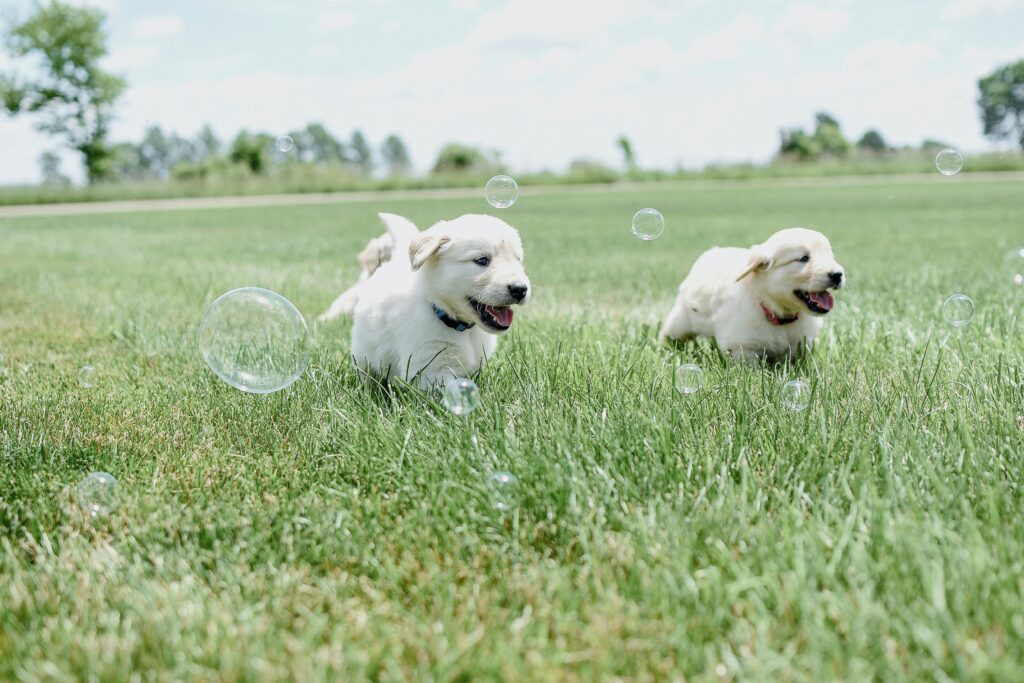Socialize Your New Puppy: Tips for The First-Time Puppy Owner

Alright, new pet parent, let’s dive into the delightful world of socializing your new puppy. If you’re a first-time puppy owner, socialization is your golden ticket to raising a well-adjusted, happy dog. Think of it as puppy boot camp, but way more fun and less sweat. Proper socialization helps your puppy grow into a confident, friendly adult, so let’s explore how to get this party started.
Why Socializing Early is a Game-Changer
First and foremost, socializing your new puppy early on is crucial. Puppies are like sponges; they soak up everything around them. The ideal window for socialization is typically between 3 and 14 weeks of age. During this period, they’re most receptive to new experiences and less likely to develop fears or aggression. Essentially, it’s like laying the foundation for a well-behaved, outgoing adult dog.
Why Early Socialization Rocks:
- Prevents Fear: By exposing your puppy to various people, animals, and situations, you help prevent fear and anxiety from developing.
- Builds Confidence: A well-socialized puppy grows up to be a confident adult dog, comfortable in diverse settings.
- Promotes Good Behavior: Socialization teaches puppies appropriate behaviors, reducing the likelihood of issues like barking or jumping.
Ways to Socialize Your New Puppy
So, how do you get your new puppy mingling like a social butterfly? Here’s your first-time puppy owner guide to socialization, from classes to dog parks and beyond.
1. Puppy Socialization Classes

First on your new puppy checklist should be enrolling in puppy socialization classes. These classes are an excellent way to introduce your furry friend to other puppies and people in a controlled environment. Led by professionals, these sessions provide structured guidance and teach both you and your puppy essential social skills. Check out some of our recommendations!
Why Puppy Socialization Classes are Essential:
- Structured Learning: Provides a well-organized environment for learning and interaction.
- Expert Guidance: Trainers help you navigate any issues and teach you how to handle various scenarios.
- Peer Interaction: Your puppy will interact with other puppies, learning crucial social skills in the process.
2. Dog Parks
Next up, dog parks. Dog parks are like Disneyland for dogs and offer a chance for your puppy to meet other dogs and explore new environments. However, ensure your puppy is fully vaccinated before hitting the park. Start with smaller, less crowded parks to avoid overwhelming your pup.
Why Dog Parks Are a Must-Visit:
- Social Interaction: Your puppy will meet dogs of all shapes and sizes, learning how to play and communicate effectively.
- Exercise and Fun: Dog parks provide ample space for running and playing, which is excellent for physical and mental stimulation.
- New Experiences: Exploring new smells, sights, and sounds helps your puppy become adaptable and confident.
3. Doggie Daycare
Doggie daycare is another fantastic option. It’s like a playdate but on steroids. It’s a great way for your puppy to socialize with other dogs and people while you’re busy. Look for a daycare with a stellar reputation and trained staff to ensure a safe environment.
Why Doggie Daycare Can Be a Game-Changer:
- Supervised Play: Trained staff oversee interactions, ensuring safe and positive play experiences.
- Daily Socialization: Regular visits provide consistent opportunities for socialization.
- Break for You: It’s also a win for you—your puppy gets social time, and you get a well-deserved break.
4. Introducing New People and Environments
Finally, introduce your puppy to a variety of people and environments. This exposure helps your puppy get used to different types of people, from kids to adults, and various settings, like busy streets or quiet parks. Each new experience builds confidence and adaptability.
How to Introduce New Experiences:
- Positive Reinforcement: Use treats and praise to create positive associations with new people and places.
- Gradual Exposure: Slowly introduce new experiences to avoid overwhelming your puppy.
- Variety is Key: The more diverse the experiences, the better your puppy will adapt to different situations.
New Puppy Owner Tips for Success:
To sum up, here are a few additional tips for successful socialization:
- Be Patient: Remember, socialization is a process. Be patient and ensure experiences are positive.
- Stay Calm: Your puppy takes cues from you, so stay calm and confident during new experiences.
- Consistency is Key: Regular socialization is crucial. Incorporate it into your puppy’s routine for the best results.
In conclusion, socializing your new puppy is vital for their development and well-being. As a first-time puppy owner, using a combination of puppy socialization classes, dog parks, doggie daycare, and introducing them to new people and environments will set your puppy up for a lifetime of confidence and good behavior. Embrace the adventure and enjoy watching your puppy grow into a happy, well-adjusted adult dog. Welcome to the wonderful world of puppy parenting—get ready for the best ride of your life!